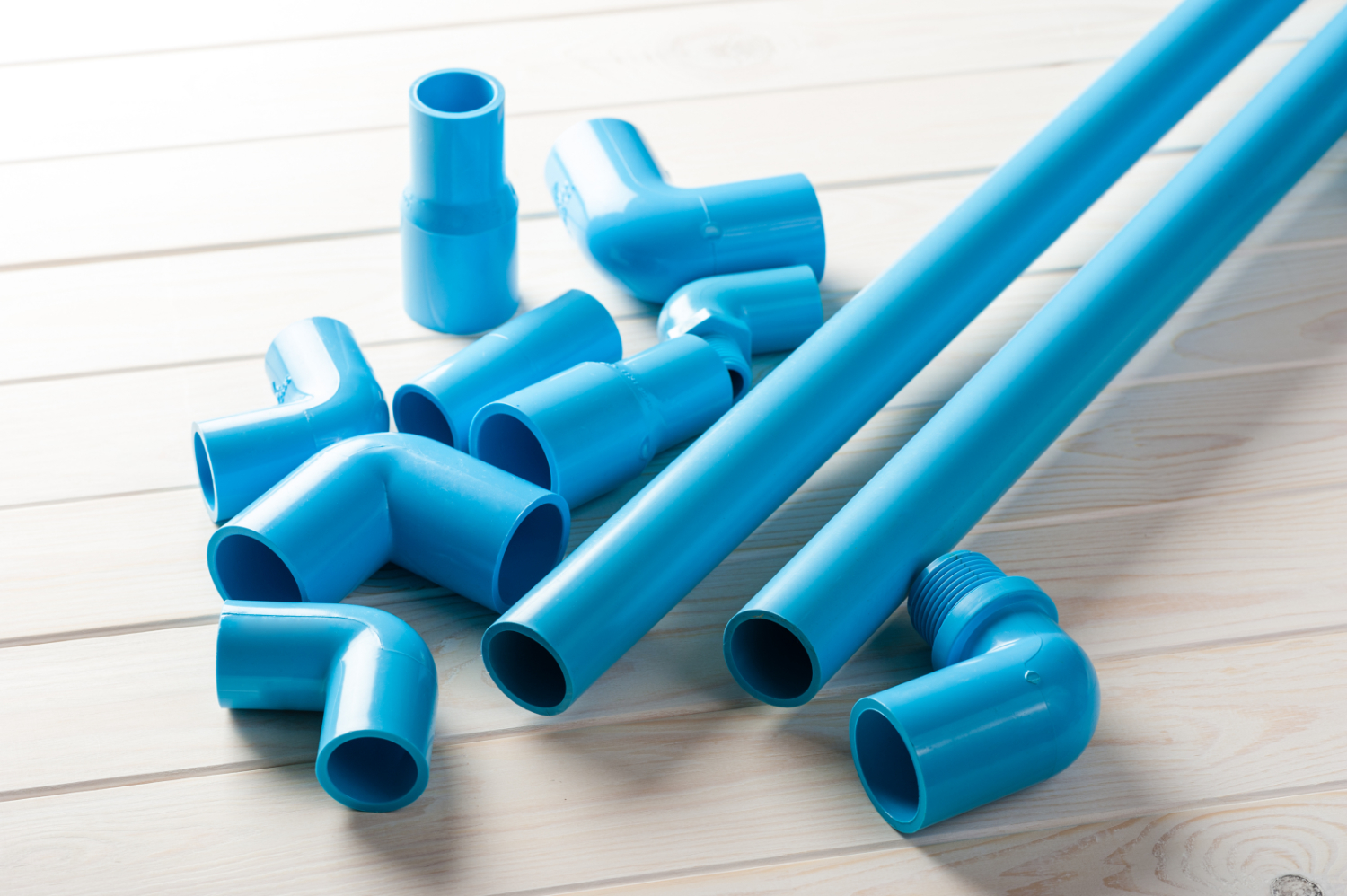The Essential Role of PVC Stabilizers in Pipe Longevity and Performance

PVC Pipes connections, PVC Pipes fitting, Coupling
In the realm of modern construction and plumbing, PVC pipes stand as a testament to innovation and practicality. However, their durability and efficiency are not merely a result of the inherent properties of PVC but are significantly enhanced by the addition of specialized compounds known as PVC stabilizers. These stabilizers are crucial in ensuring that PVC pipes can withstand the rigors of their applications, from residential plumbing to industrial systems.
Understanding PVC Stabilizers
PVC stabilizers are additives that protect polyvinyl chloride (PVC) from thermal degradation during both the manufacturing process and throughout the product’s lifecycle. When PVC is exposed to heat, it begins to break down, leading to discoloration, loss of mechanical properties, and the release of hydrochloric acid gas. Stabilizers work by neutralizing free radicals generated during the degradation process, thereby preserving the integrity of the PVC material.
Types of PVC Stabilizers
There are several types of PVC stabilizers, each with its own set of properties and applications:
Lead-based Stabilizers: Historically the most widely used, these stabilizers are being phased out due to environmental and health concerns.
Calcium-Zinc based Stabilizers: A popular lead-free alternative that offers good thermal stability and is suitable for a wide range of applications.
Tin Stabilizers: Predominantly used in North America, these stabilizers provide excellent clarity and heat stability.
Organic Stabilizers: These are heavy metal-free options that are gaining popularity due to their environmental friendliness.
Impact on Pipes
The impact of PVC stabilizers on pipes is profound:
Enhanced Durability: Stabilizers significantly improve the strength of PVC pipes, making them less prone to cracking under pressure.
Color Preservation: They help maintain the aesthetic appeal of PVC pipes by preventing discoloration.
Cost-Effectiveness: By extending the life of PVC pipes, stabilizers contribute to cost savings over time.
Environmental Compliance: The shift towards lead-free stabilizers aligns with global environmental regulations and commitments.
Conclusion
PVC stabilizers play an indispensable role in the performance of PVC pipes. As the industry moves towards more sustainable practices, the development of new, non-toxic stabilizers will continue to be a priority. The future of PVC pipes is not only about maintaining their current utility but also about innovating for a greener, more sustainable world.
Click here to order our products
